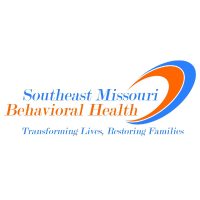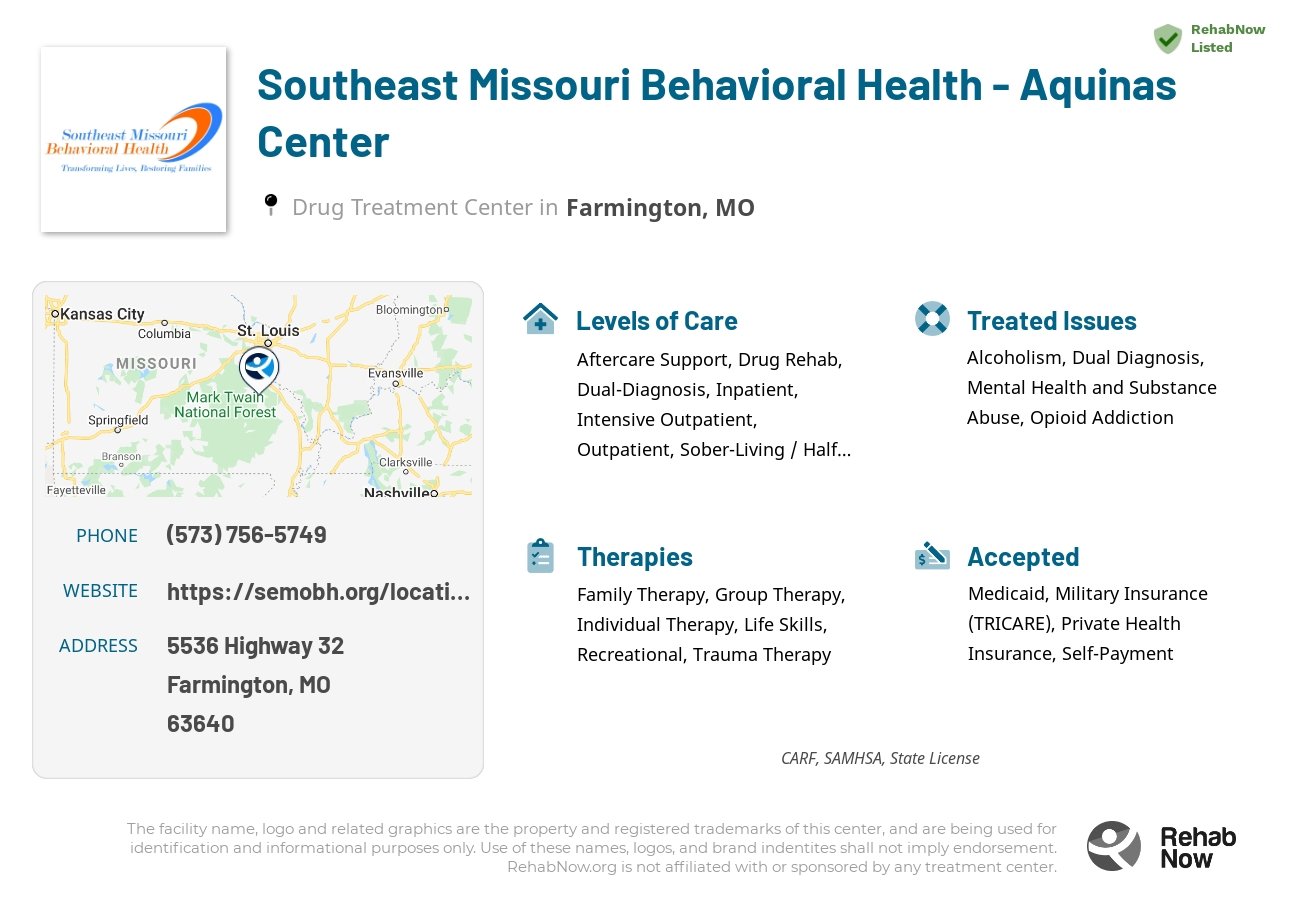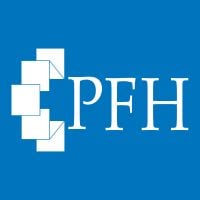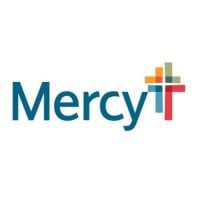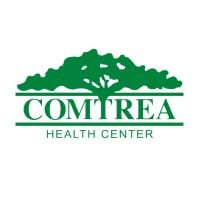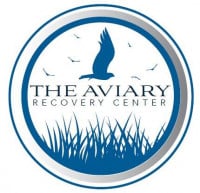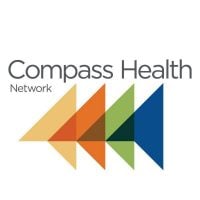Southeast Missouri Behavioral Health - Aquinas Center
Drug Rehab Center in Farmington, Missouri
The Aquinas Center, part of Southeast Missouri Behavioral Health, offers a range of accredited addiction treatment services, including aftercare support, dual-diagnosis treatment, and residential care, with a focus on maximizing recovery potential through compassionate and proven methods.
About This Missouri Facility
Southeast Missouri Behavioral Health - Aquinas Center, located in Farmington, Missouri, is a residential facility focused on treating individuals with mental health diagnoses and substance addiction. This center is committed to providing individualized treatment to positively impact the health and well-being of its patients, offering a unique approach to recovery including medication-assisted treatment.
- Individualized Treatment Plans: Tailored to meet the specific needs of each patient, ensuring a more personal and effective recovery process.
- Medication-Assisted Treatment: A comprehensive approach that includes a physical exam and consultation with medical staff to define recovery steps.
- Accredited and Certified: Holding certifications from CARF, SAMHSA, and a State License, ensuring high standards of care and treatment.
Southeast Missouri Behavioral Health - Aquinas Center is not only accredited by reputable organizations but also requires an initial payment of $1000 for the first 10 days of treatment, emphasizing the structured and professional environment they maintain for recovery.
The center treats a variety of issues including alcoholism, opioid addiction, dual diagnosis, drug addiction, and substance abuse. Treatment methods range from inpatient programs to intensive outpatient programs, detoxification services, and aftercare support, providing a comprehensive spectrum of care to address different levels of addiction and mental health issues.
Genders
Ages
Modality
Additional
Accreditations
State License
SAMHSA

CARF
The Commission on Accreditation of Rehabilitation Facilities (CARF) is a non-profit organization that specifically accredits rehab organizations. Founded in 1966, CARF's, mission is to help service providers like rehab facilities maintain high standards of care.
Conditions and Issues Treated
Opioid addiction treatment should be done in a medically supervised drug rehab. Opioid addiction treatment will include detoxification and drug rehab counseling to help both the user and their loved ones learn how to live a successful sober lifestyle. Methadone, buprenorphine, and naltrexone are three medications that can help treat opioid addiction. Individual drug rehab counseling sessions can be helpful to discuss any questions or concerns with the drug treatment program.
When addiction and psychiatric issues co-occur, the addict’s recovery is more successful when both conditions are treated. A dual diagnosis refers to a condition in which the patient is diagnosed with two health issues: addiction and bipolar disorder.
Usually, dual diagnosis sufferers are prescribed a combination of treatments for each condition. The most common therapies are psychotherapy, behavioral therapy, spiritual counseling, 12-step programs, and medication management.
Psychiatric conditions are an obstacle to recovery because they can create roadblocks to a healthy lifestyle. Drugs and alcohol may be used as a means of self-medication, which can have dangerous consequences. Over time, addicts build up a tolerance and suffer withdrawal symptoms when drug use is stopped.
With the proper treatment, dual diagnosis sufferers can overcome their conditions and achieve lasting sobriety.
Levels of Care Offered at Southeast Missouri Behavioral Health - Aquinas Center
This center offers a variety of custom treatment tailored to individual recovery. Currently available are Aftercare Support, Drug Rehab, Dual-Diagnosis, Inpatient, Intensive Outpatient, Outpatient, Residential, Sober-Living / Half-Way, with additional therapies available as listed below.
Inpatient treatment is an option that provides addicts with a supportive environment in which they can stop using. This type of intensive care and supervision is appropriate for those who were unable to quit on their own or need more structure than they could get from outpatient treatment, such as the addict most in need of this level of care.
The goal of inpatient rehab is for the addict to stay focused on sobriety and remain free of mood altering substances. Inpatient treatment programs usually offer the following: detox, therapy groups, one-on-one counseling, medication management and aftercare planning.
The Intensive Outpatient Program at Southeast Missouri Behavioral Health - Aquinas Center is for those who need intensive care but would rather get it in the comfort of their own home. The treatment programs vary in duration and intensity and can be tailored to suit the individual’s needs. IOP helps the patient to live at home and gradually get back to their routine life.
Daily trips to the hospital that provides the treatment include intensive outpatient services (IOP). The patients gradually get back to their everyday lives. IOP benefits the most when the patients have a supportive family member or friend who can encourage them in their recovery.
Individuals struggling with drug addictions can get help from several treatment options, including inpatient and outpatient programs. Outpatient drug treatment programs can also provide patients with different levels of care, usually depending on the patient’s degree of addiction.
At an outpatient program in Farmington, a patient will attend a recovery program during the day and return home in the evening. Suppose a patient is struggling with drug addiction. In that case, an outpatient program can serve as an effective transition point during the recovery process.
Sober Living Homes are used in drug rehab to help former addicts maintain sobriety. The staff provides the residents with a safe and supportive living environment to learn how to live a sober life. The staff members also provide the residents with resources to equip themselves better to live a sober life. They also provide them with opportunities for exercise, many of which encourage learning coping mechanisms that will be helpful later on.
Residential treatment programs are those that offer housing and meals in addition to substance abuse treatment. Rehab facilities that offer residential treatment allow patients to focus solely on recovery, in an environment totally separate from their lives. Some rehab centers specialize in short-term residential treatment (a few days to a week or two), while others solely provide treatment on a long-term basis (several weeks to months). Some offer both, and tailor treatment to the patient’s individual requirements.
Aftercare is a part of drug rehabilitation. It is also known as “post-treatment support.” Aftercare programs are available for addicts after they complete drug rehab. It is often the final step in the recovery process. The goal of aftercare is to ensure that addicts maintain their achievements in rehab and do not relapse. Professionals generally provide aftercare (including addiction therapists, physicians, social workers, psychologists) and involve individual and group therapy sessions.
Therapies & Programs
Individual therapy is a critical component of addiction recovery. It allows the patients to go deep into their core issues and discover how to handle those problems better. Therapy can be conducted in individual sessions as well as group settings. In individual therapy for addiction, the patient meets with their therapist one-on-one to focus on the underlying issues. This allows patients to open up and discuss personal topics they may not feel comfortable discussing in a group setting. This type of therapy can help develop solutions specific to each patient, which helps speed up the recovery process.
Family therapy is a crucial part of drug treatment and getting sober. It is one of the most effective ways to help addicts stay on the path to long-term sobriety. When a drug addict decides that they want to try and get sober, it takes the support of every person they love to succeed. It can be incredibly difficult for loved ones to watch an addict go through the pain and suffering of withdrawal, but by being there with them and supporting them, they can help to make sure that the addiction never returns.
One of the most important parts of family therapy is the relapse prevention plan. During treatment, therapists and doctors will often sit down with the addict and their family to develop a plan in case the addict ever feels like they want to use again. This plan should involve steps the addict and family can take together to prevent them from relapsing in the future. An addict’s family can play a vital part in helping them to avoid relapse because they can spot the warning signs and help them get back on track before it becomes too much of a problem.
Group therapy helps prevent addicts from feeling isolated or unique in their situation by offering a sense of comfort and fellowship. It also creates a forum for addicts to build their support systems and learn from each other. The group therapy sessions at Southeast Missouri Behavioral Health - Aquinas Center occur in a group setting rather than one-on-one to create a safer, controlled environment where addicts feel comfortable.
Trauma therapy helps people dealing with addiction by allowing them to confront the traumas of their past and move past them. It is important to note that trauma therapy should not be confused with PTSD (post-traumatic stress disorder) Rather, it is used to treat the effects of trauma, which are often at the root of addiction.
The best drug treatment centers offer various services to help addicts learn how to live without drugs. Since addiction is a chronic physical and mental illness, addicts need to learn as many life skills as possible to help them stay clean and sober.
Many drug treatment centers like Southeast Missouri Behavioral Health - Aquinas Center offer life skills activities as part of their addiction recovery programs. Examples include cooking classes, employment training, resume writing seminars, parenting classes, and computer training. When addicts have various life skills to lean on, they’re better equipped to put their addiction behind them for good.
The primary goal of life skills activities at drug treatment centers like Southeast Missouri Behavioral Health - Aquinas Center is to help addicts recover from addiction and learn how to live a useful, productive life. Life skills activities help addicts find employment, take care of their families, and give back to the community. After learning about these various life skills, addicts are better prepared to return to society and lead happy healthy lives.
Payment Options Accepted
For specific insurance or payment methods please contact us.
Is your insurance accepted?
Ask an expert, call (888) 674-0062
Southeast Missouri Behavioral Health Associated Centers
Discover treatment facilities under the same provider.
- Southeast Missouri Behavioral Health - South Main Street in Poplar Bluff, MO
- Southeast Missouri Behavioral Health Salem Center in Salem, MO
- Southeast Missouri Behavioral Health - Dexter in Dexter, MO
- Southeast Missouri Behavioral Health - Rolla in Rolla, MO
- Southeast Missouri Behavioral Health - Vine St in Poplar Bluff, MO
Learn More About Southeast Missouri Behavioral Health Centers
Additional Details
Specifics, location, and helpful extra information.
Farmington, Missouri 63640 Phone Number(573) 756-5749 Meta DetailsUpdated April 15, 2024
Staff Verified
Patient Reviews
There are no reviews yet. Be the first one to write one.
Farmington, Missouri Addiction Information
Opioid-related overdoses in Missouri have been increasing steadily for the past three decades. In 2018, more than 1,130 people in Missouri died from opioid abuse. Methamphetamines and marijuana abuse have surpassed opioid abuse in Missouri. Missouri is the number 1 methamphetamine manufacturer in the country with more than 27 meth labs per 100,000 people.
The most commonly abused substances in Farmington, MO are marijuana, prescription medications, and cocaine. Alcohol addiction is also a problem with around 16% of the population struggling with alcohol abuse issues. Around 6.9% of the population between 12 and 17 years old are marijuana abusers. Every day, 2 people die from drug-related deaths in Farmington. It's important to get help if you're struggling with addiction, or you know someone who is.
Treatment in Nearby Cities
- Carthage, MO (219.4 mi.)
- Milan, MO (223.1 mi.)
- O Fallon, MO (73.4 mi.)
- Cape Girardeau, MO (57.7 mi.)
- Camdenton, MO (129.8 mi.)
Centers near Southeast Missouri Behavioral Health - Aquinas Center
The facility name, logo and brand are the property and registered trademarks of Southeast Missouri Behavioral Health - Aquinas Center, and are being used for identification and informational purposes only. Use of these names, logos and brands shall not imply endorsement. RehabNow.org is not affiliated with or sponsored by Southeast Missouri Behavioral Health - Aquinas Center.
